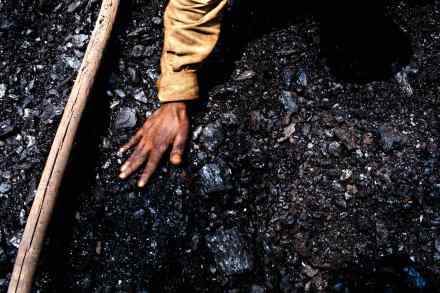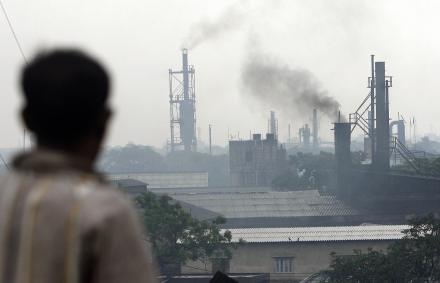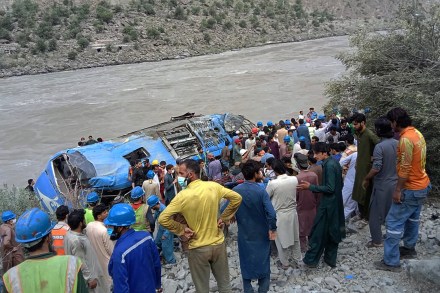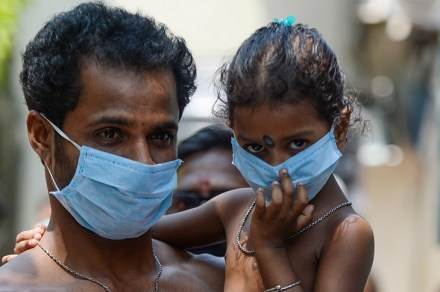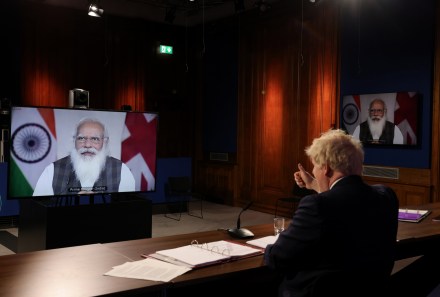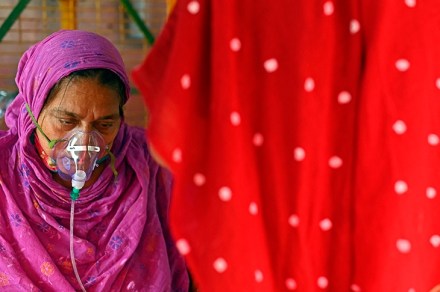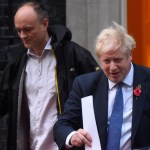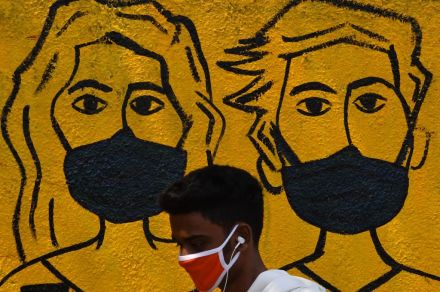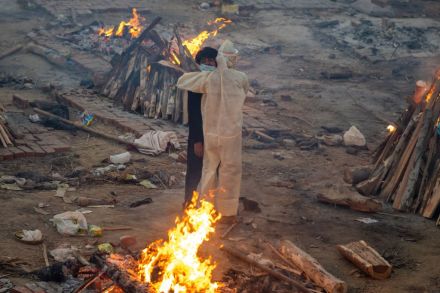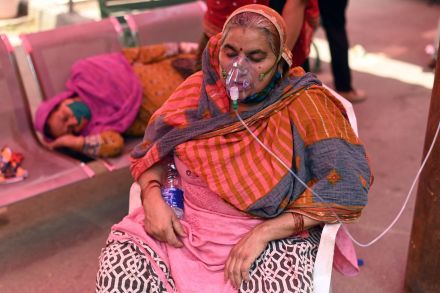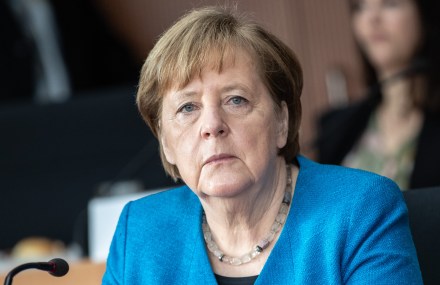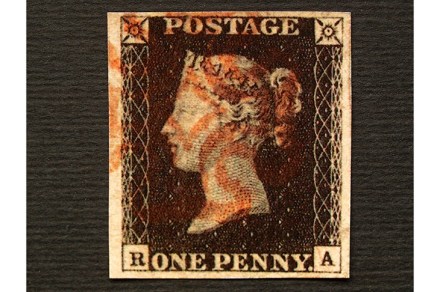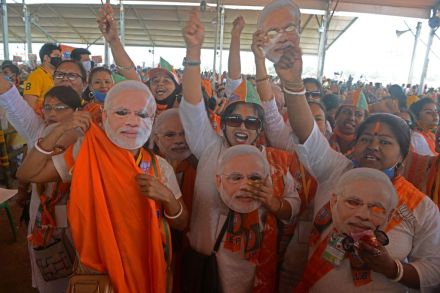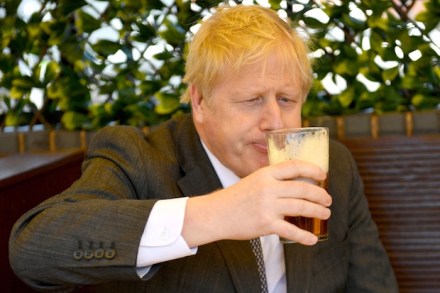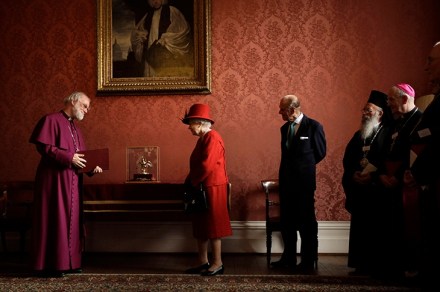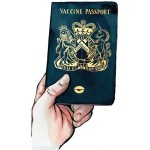India is going to keep polluting. They can thank China
Mumbai India is the last major global polluter to set a date to go carbon neutral. In a surprise announcement on Monday, Prime Minister Narendra Modi told COP26 that his country will hit this target by 2070. That doesn’t mean India is going to start cutting emissions any time soon. India’s ruling Hindu nationalist party, the BJP, believes it has the right to use coal to stimulate economic growth. The country argues that its per capita consumption of non-renewables is still a fraction of West’s. Faced with the task of quadrupling its power output by 2050, the country’s coal production is expected to increase by 28 per cent over the
